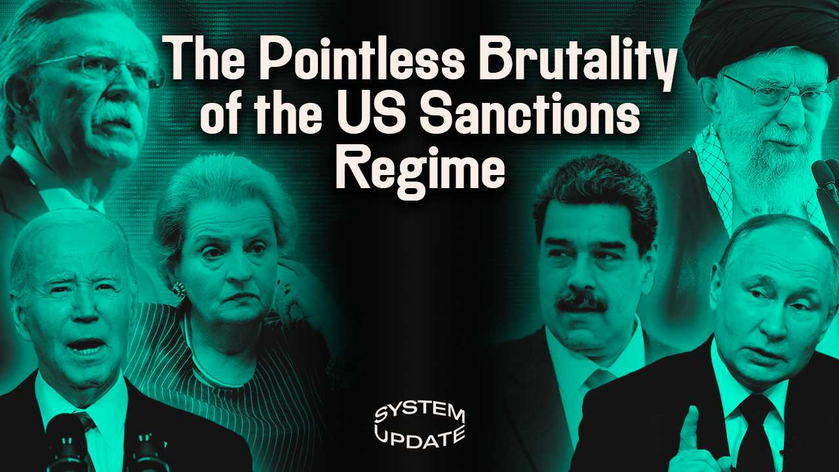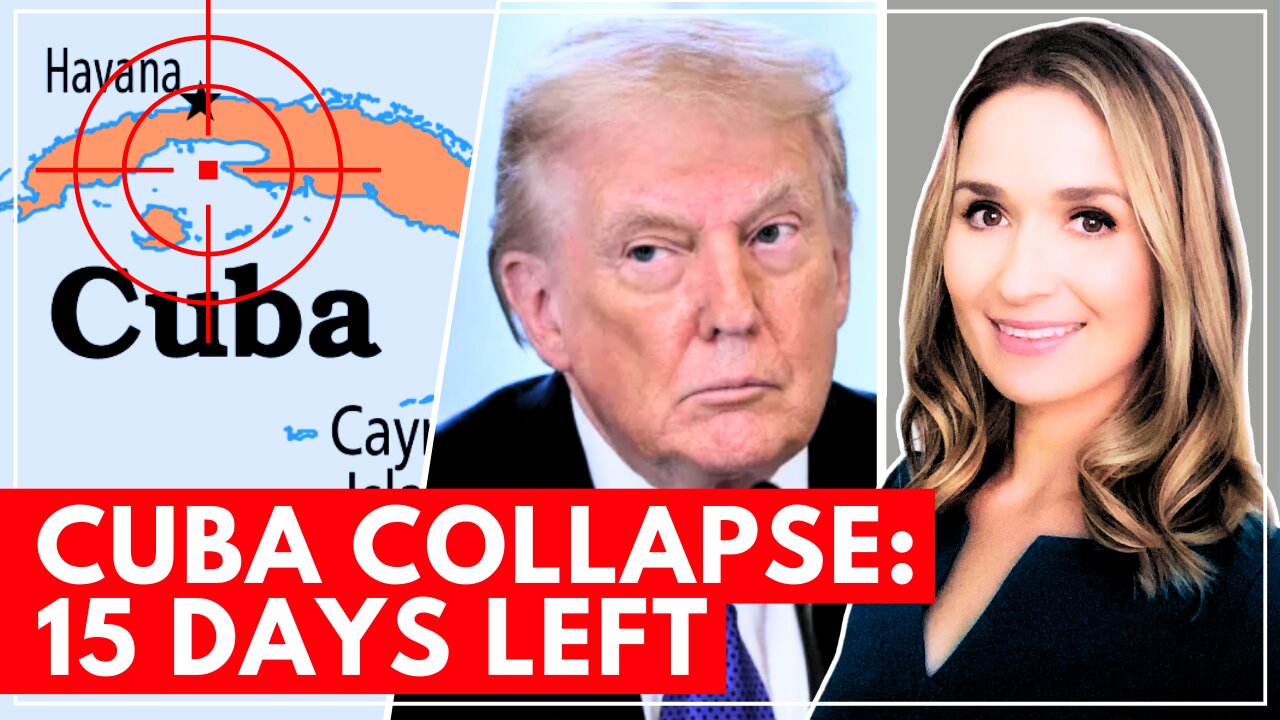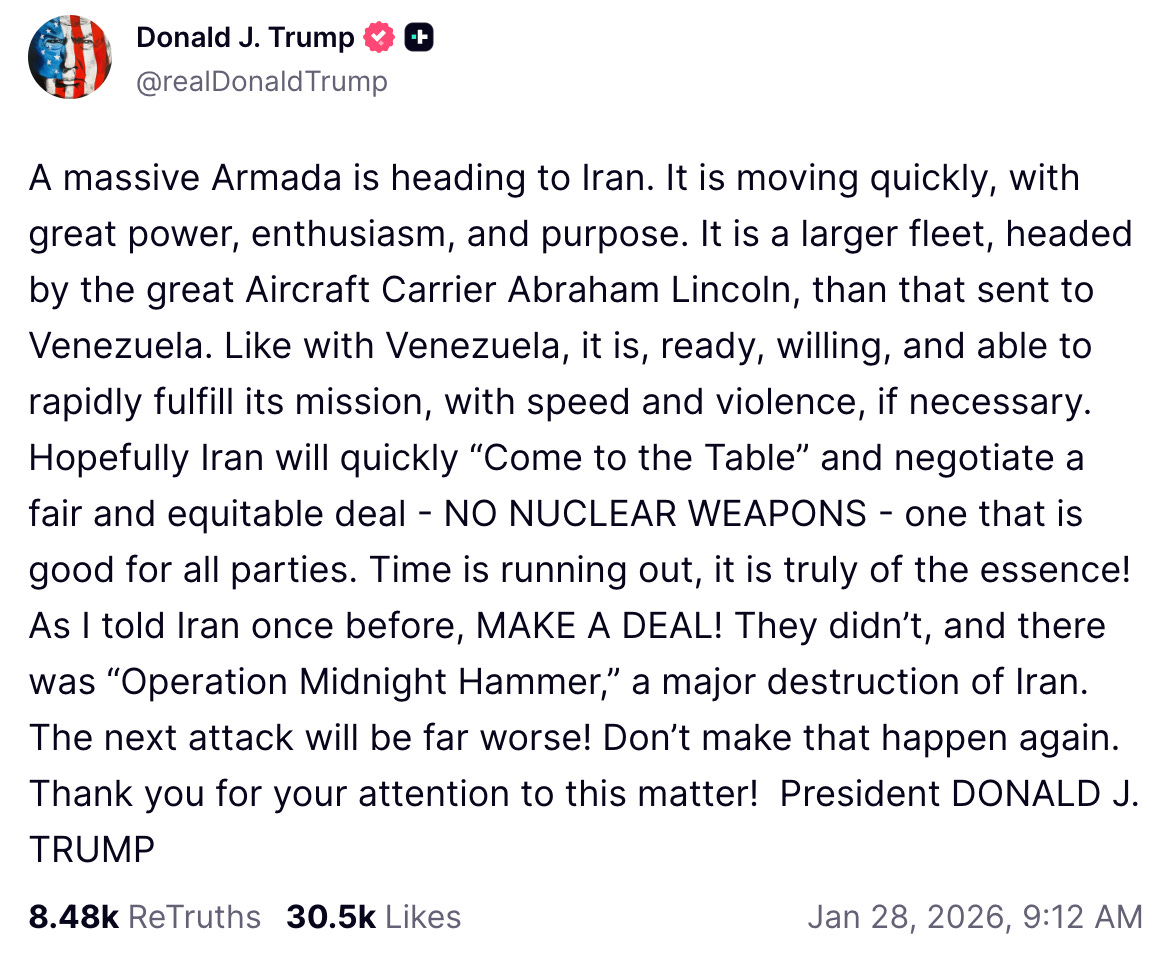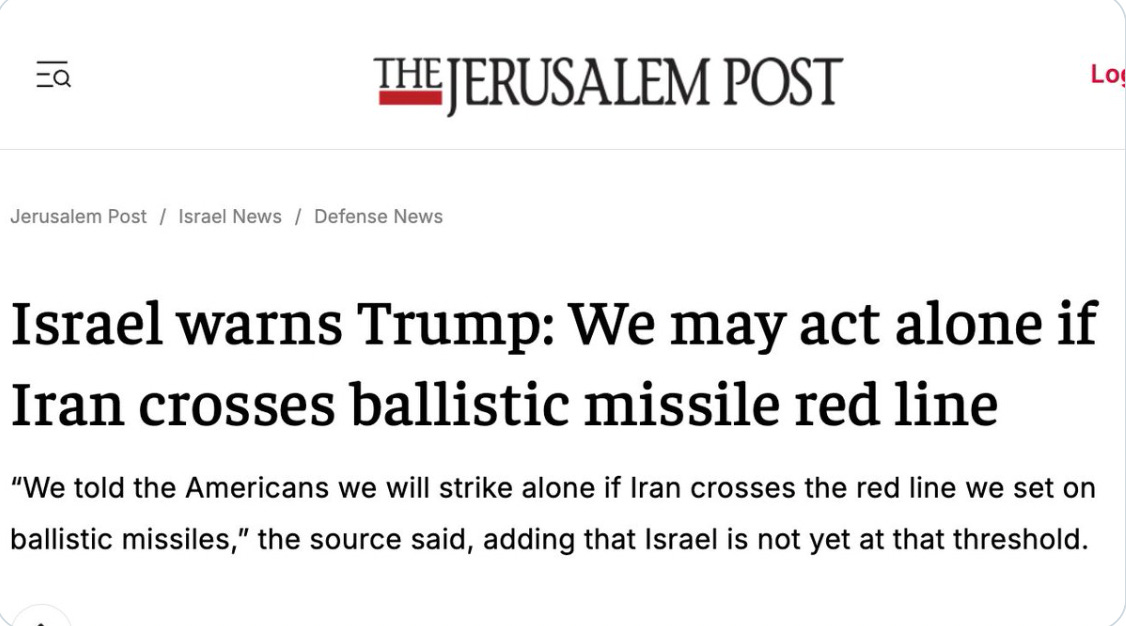Watch the full episode here:

Good evening. It's Friday, February 23.
Tonight: while virtually every American corporate media outlet devoted enormous amounts of attention and time this week to the death of a Russian dissident in a Russian prison, very few covered the hearing this week before the British High Court that will rule on the U.S. request to extradite Julian Assange to stand trial on espionage charges in the United States, where he faces, potentially, life in prison. They made this editorial decision, despite the fact—or really because of the fact—that the U.S. attempt to extradite and imprison Assange is, as a consensus of the press freedom and civil liberties groups have warned, the gravest threat to press freedoms in years.
As we examined Monday night, American media love to denounce the bad acts of foreign regimes while ignoring the similar, or worse, abuses of our own government. Fortunately, some journalists covered the Assange hearing in London, most of them were independent media, and one of them, Richard Medhurst—who hosts a great YouTube program of independent reporting in his name and who has been on our show before—will join us tonight to talk about everything that he witnessed at that hearing in London, and what we can expect from the Assange case going forward.
Then: we spent a lot of time on this show covering the various prongs of the U.S. machine of endless war: bombings, invasions, coups, the financing of multiple foreign militaries and wars, propping up friendly dictators, and the like. But one of the most significant arms of U.S. war policy is also one of the most ignored. That is how the U.S. government, at any given moment, is imposing sanctions on all sorts of other countries, typically with the stated objective that is virtually never served by those sanctions and far more frequently has the opposite effect, namely, the sanctions suffocate the country and cause immense suffering for ordinary people who live there, while strengthening the regimes that the U.S. is ostensibly attempting to overthrow. You can look wherever tensions are found—in Venezuela, Cuba, Syria, Iran and Russia—and the same pattern repeats itself. Given what a central weapon the sanction regime is for the U.S. foreign policy—the U.S. just announced a new round of sanctions this week for Russia—we think it would be really worthwhile to delve into the reality of this instrument, how it works and does not work, who it weakens and who it does not weaken, and the very real costs for Americans.
To help us with that examination, we will speak to a professor at Saint Joseph's University, whose research focuses on state formation and transitions to capitalism within the states in the former Soviet Union. He is David Siegel, and his article in April of 2022 at the start of the war in Ukraine, in the journal World Affairs, entitled “The Failure of U.S. Sanctions on Russia” argued that the nature of the oligarch class in Russia made it very unlikely that sanctions would change Russian behavior. I think, two years later, that article has been vindicated, and we will talk to him about what it was that he saw both about sanctions in Russia and sanctions more broadly.
For now, welcome to a new episode of System Update, starting right now.



















